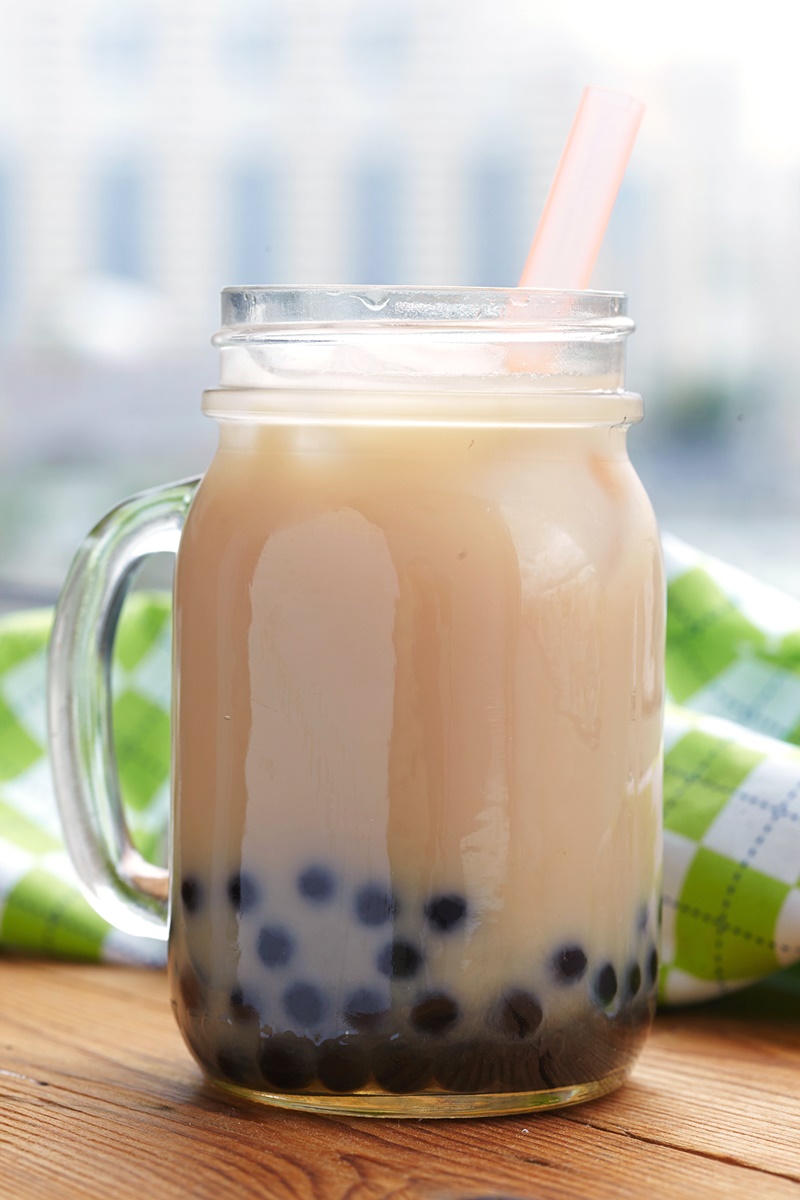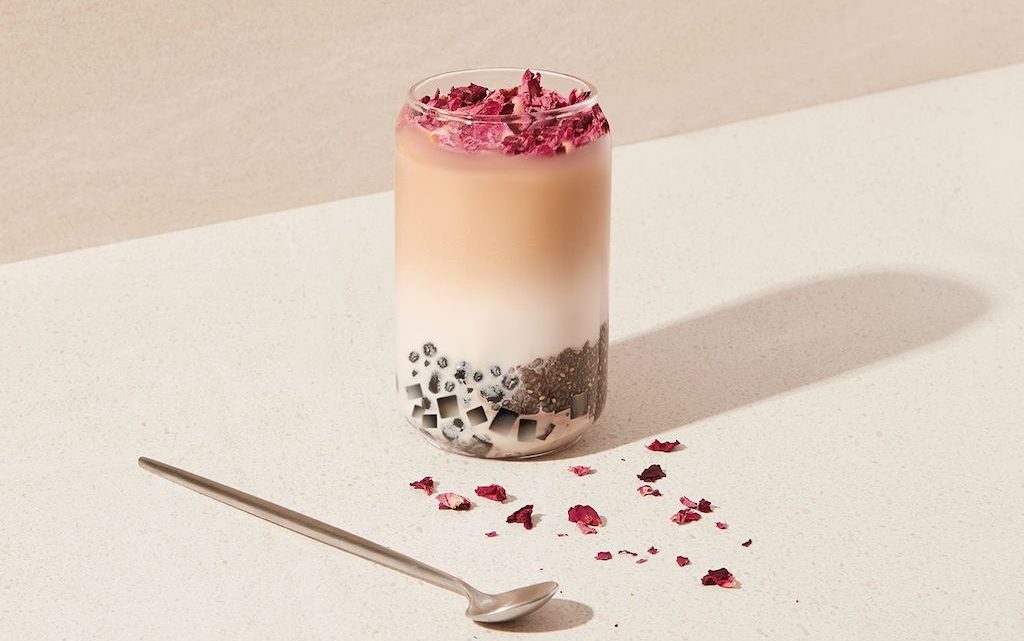In Asia, warm beverages are usually served without milk. The traditional way to add milk to tea started a few centuries ago in the United Kingdom. Tea drinking ways differed significantly from those in far east Asia, and tea leaves differed. However, tea was not the reason; cups were. In tiny cups solely made to serve tea, one will get served with various types of tea made from different leaves and herbs in Japan and China. But in the European continent, tea was served from porcelain cups that were so delicate they would easily crack in contact with hot tea. Green tea had already found its way to Europe; black tea was the dominant type and was always made with boiling water.
Another reason would be that back then, people were not used to enjoying the delicate flavor nuances of teas, brewed them differently than they were prepared in the east, and drank different teas that would usually need a bit of sugar or milk to enhance the flavor. Today, the culture of adding milk and sugar to tea is still robust among tea lovers. But one thing has changed – the type of milk. There are many types o dairy free milk tea singapore f available you can experiment with new types every week. Many of these are suitable for vegan and vegetarian tea drinkers.

What are the various dairy alternatives that one can use in their tea?
Many excellent alternatives are available if you intend to avoid regular cows or other dairy-free milk tea in Singapore. They usually are made from nuts, seeds, legumes, or wheat and have a texture more or less similar to regular milk. If your primary motive for avoiding milk is lactose intolerance, you can find lactose-free milk too. The following are the types of dairy-free milk for your tea:
- Oat milk: Another very famous alternative is oats milk. With a neutral taste and good texture, this milk is an excellent choice for making tea lattes.
- Soy milk: Soy milk can be the most popular non-dairy alternative widely available and even easy to make at home. This milk is found to be good with almost any type of tea. It usually possesses a good consistency and texture, and it’s one of the best replacements for regular milk.
- Almond milk: Almond milk rests is another popular alternative, but with a slightly thinner texture than oats milk. It’s neutral and adequate to go well with many teas.









